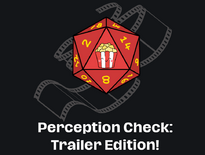In the last article, we looked at how conflict over a leadership position can sometimes cause problems in the dynamics of a game with shared agency.
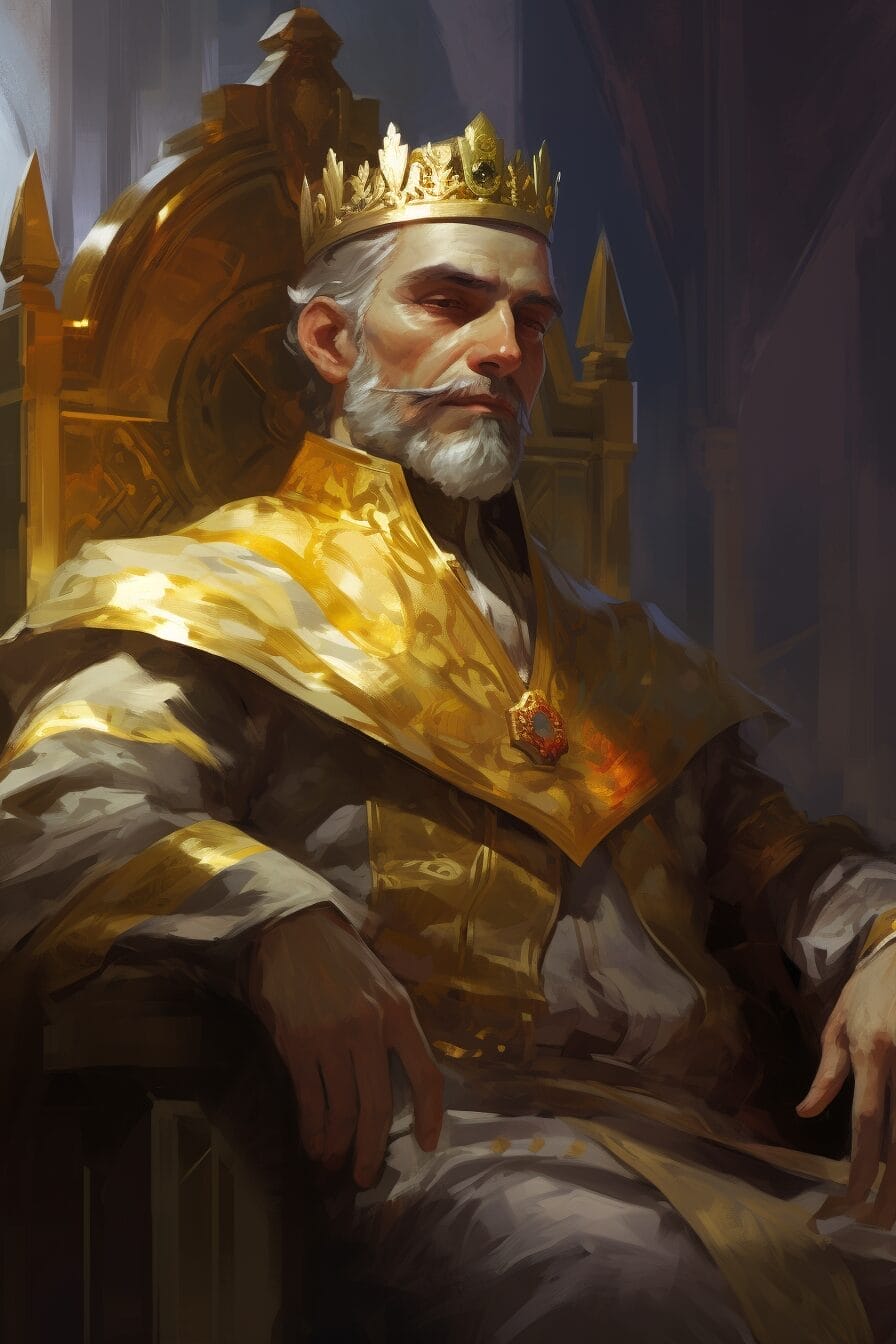
I explained how we can resolve the problems of stress for a harried leader who is trying their best. But I want to now look at a few other ways hierarchical structures in RPG groups can sometimes cause conflict at the table.
Bad Leader
Sometimes, the person who is in charge just shouldn’t be. Maybe they often jump to the wrong conclusions, and only the GM can see how often it happens. Perhaps they don’t take suggestions from other party members and just give them jobs to do. This can start out well meaning or even as part of a character concept. Or it can be that someone’s core fantasy is to play someone who is viewed as expert in some field or that their ideas have value. It’s as much a power fantasy as being the strong character or rich character. But the problem comes with the disconnect between game stats and real-life experience of leadership positions.
Now, I’m going to caveat the rest of my advice here with the idea that everything going forward assumes the player is well meaning and doesn’t realise what they are doing. If a player is being a tyrant and bully to get their kicks or intentionally hogging the spotlight, then you need to nip it in the bud right away. Take the player aside and deal with it. But if that isn’t what’s happening and you are sure it’s just a mismatch, there’s a few techniques you can employ that actually might help.
The crux of this plan is to basically teach leadership. And I know this sounds like a big ask because maybe you don’t know much about it yourself. But you’re literally the GM, you’re sort of in charge of the sharing of social space between players and have learned how to make a story move forward without taking centre stage. So in some ways, you already know how to do it.
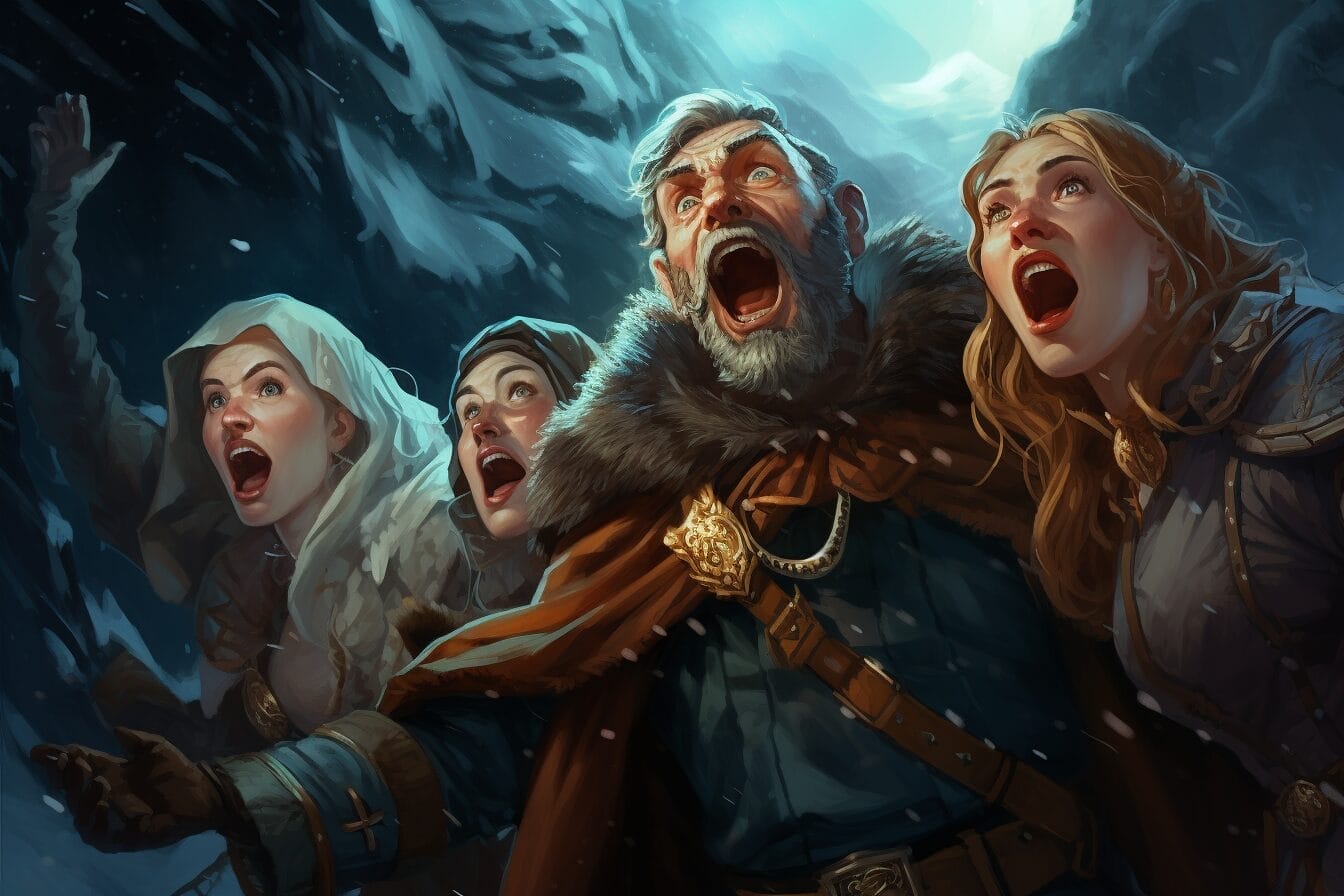
The trick is to begin in a subtle manner – insert an ‘NPC advocate’. This is an NPC who will have some kind of problem with the leaders style but unlike the PC’s – often played by friends of the leader, who might find it hard to pick fault – this NPC will voice a concern they are having. Not violently, but enough to make the flawed leader deal with the issue. If the leader fails to deal, then the NPC will mention it again to them and then to another PC alone – at which point they will literally say to that other PC the problem and solution ‘Maybe they could learn to listen more?’ or ‘They don’t do that much research’. This being in the voice of an NPC means that all players will read it as a GM creating dramatic conflict – which is true, but the truth is slightly more complex because the conflict question the players have to resolve is ‘what makes a good leader?’.
And here’s the important point. You have to then watch for when the leader makes those positive changes or comes into conflict with the NPC. When they make leadership decisions that include everyone, or decide choices more in line with successful play in the game you are running, then let that work. You have to reward those moments and then at the end of the success, the advocate NPC can approach the leader and confirm the moment by saying something like ‘thank you for listening’ or ‘That was smart to do extra research’ or whatever. It then doesn’t become a moment of you lecturing but instead becomes a character arc both in and out of character.
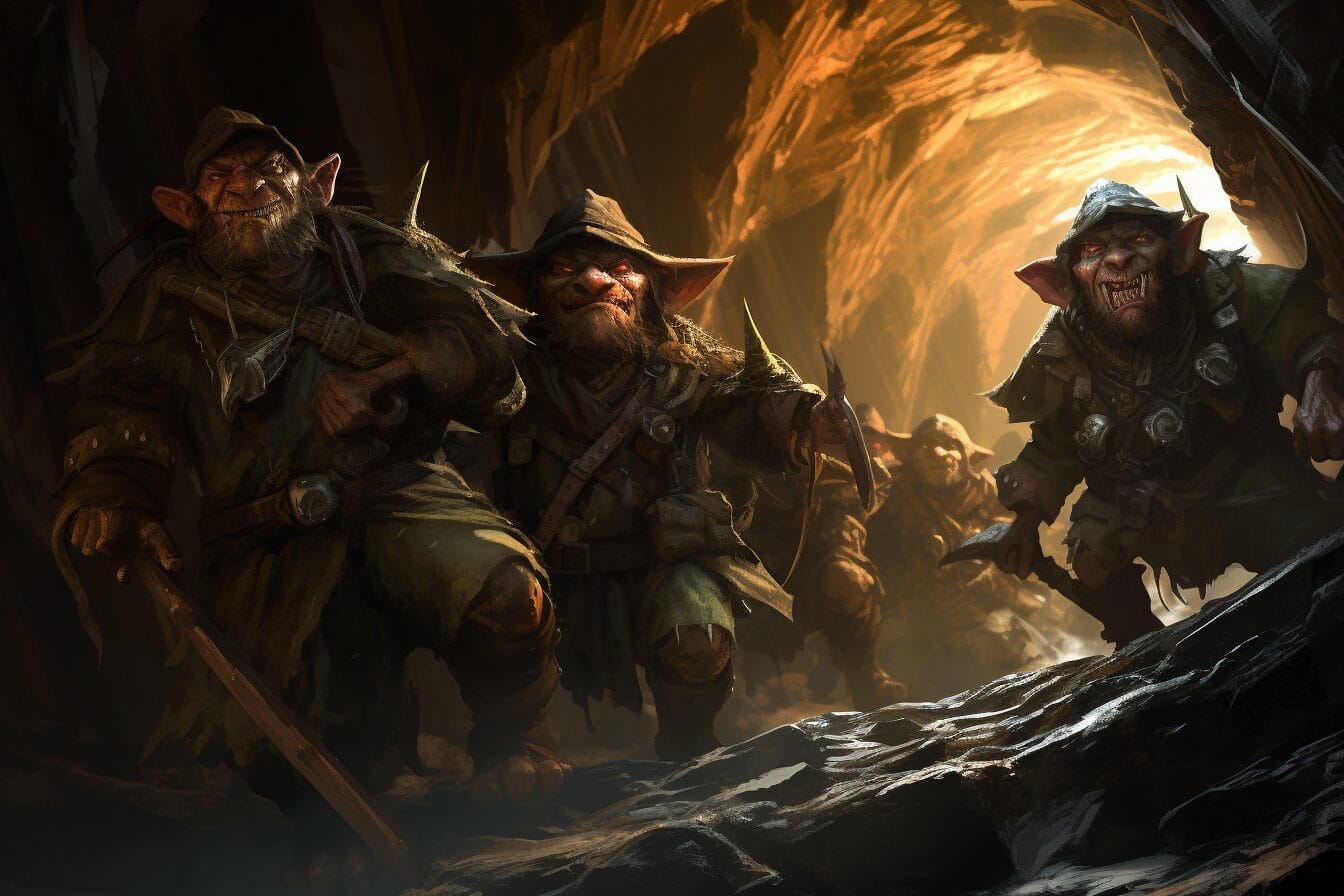
Before you try this, though, I need to be clear – this is social engineering and needs to be carefully managed. You should never do this because just because you in particular feel a player is making bad decisions. You aren’t there to tell them how to play a game. But if you notice group cohesion is being damaged and you think that it might be a case that the problem is the hierarchy of the friendship group is stopping some players feeling like they can resolve it, then this is a way forward. But you shouldn’t be the arbiter of what is correct. Instead, work out what type of decisions the game is asking players to make (for example D&D tactics won’t work in a Cthulhu game) and reward that. A game and your group will tell you which dynamics they find comfortable and you should aim for that – not because a player isn’t doing things the way you think is correct.
Also, a lot of people are going to tell you that you shouldn’t try to fix at game problems inside the world of the game. They aren’t necessarily wrong. If a player is actively a problem, then talking to them out of the game is most likely to help. But when a player wants that fantasy of leadership competence and other players might want it for them to, but they are struggling, making some of the game about them learning to gain that ability is a rewarding moment for everyone at the table.
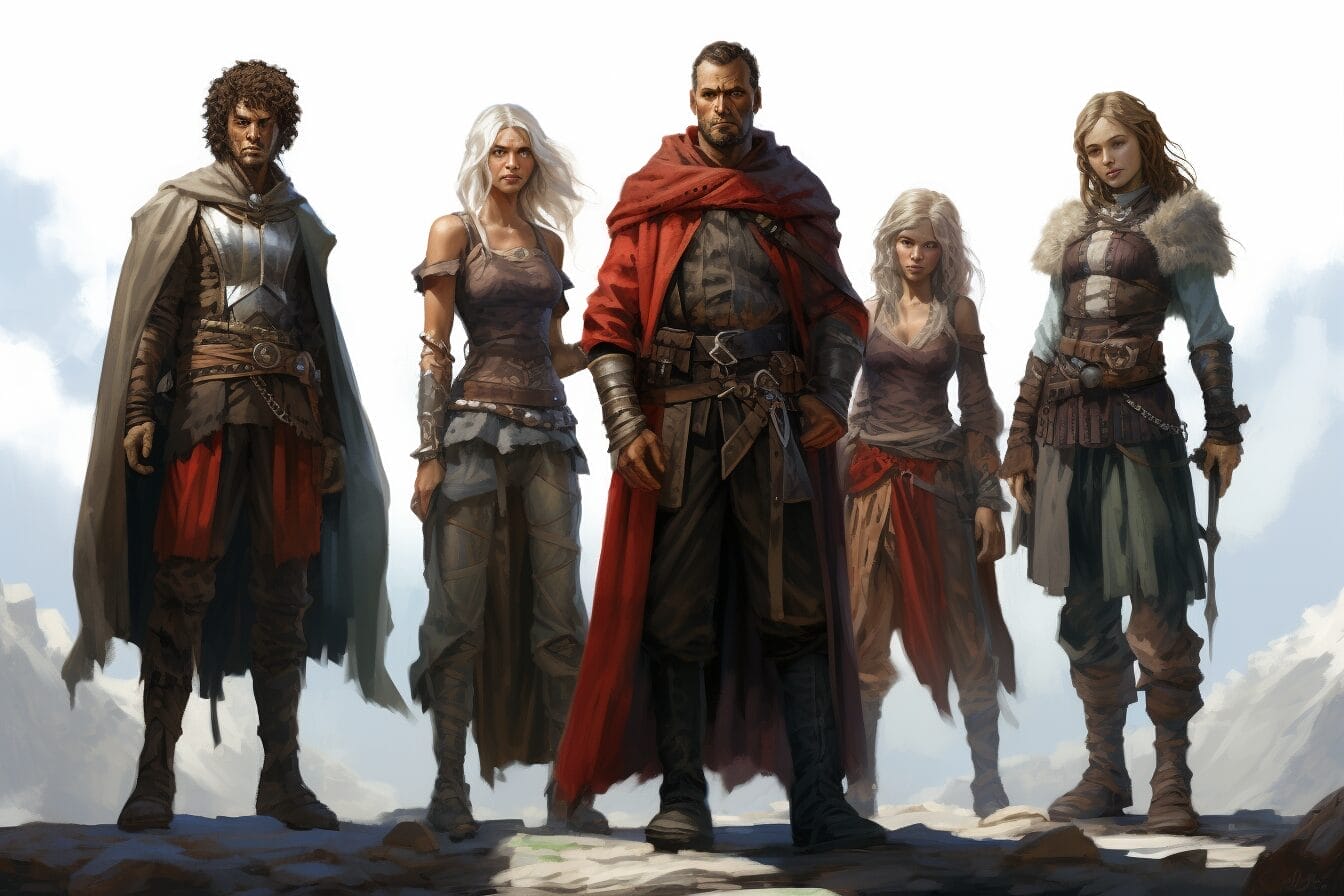
I’m a firm believer in games as a safe place where we can explore the ‘what ifs’ of ourselves and social situations we might not be ready to explore or might never be part of in any other way. And being a in position where your decisions really affect others and have an impact is a very deep dream of a lot of people. Exploring that comes with the flip side that your actions have consequences. And often the fact it is stressful can allow people to become more comfortable with the fact they feel a little out of control of their own lives. So sometimes, this kinder route is something you might choose to do if you think it fits your group and you know your players well.
I hope you all find ways to deal with hierarchical structures in your games in a way that leaves no one feeling left out or taking on too much. Until next time.
🤖AI Disclosure. Software helped create images in this post. Geek Native's AI Content Policy.
Leave a comment below and join the Geek Native community.

